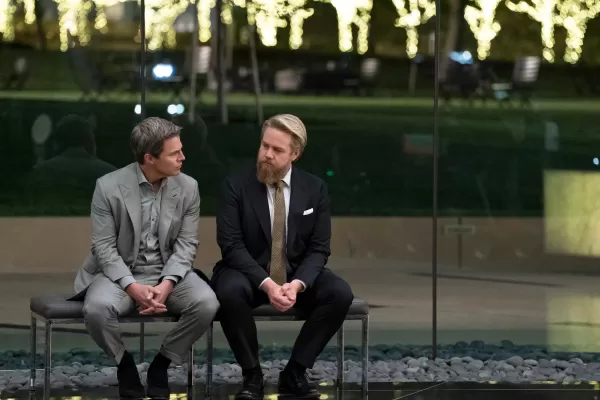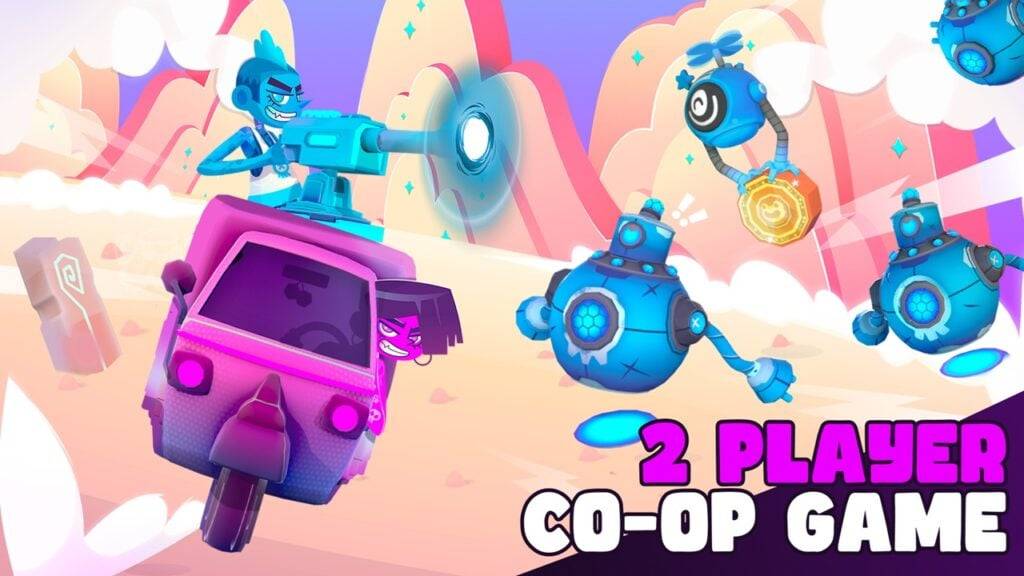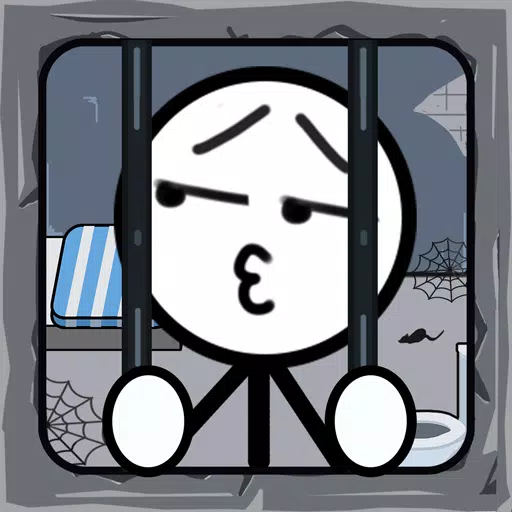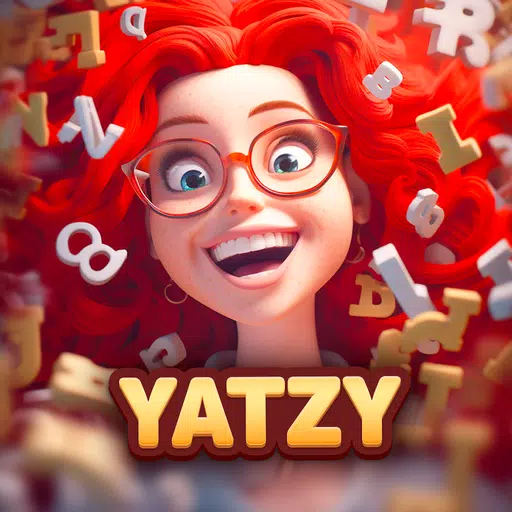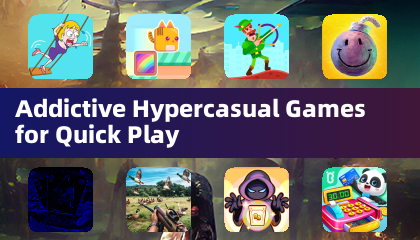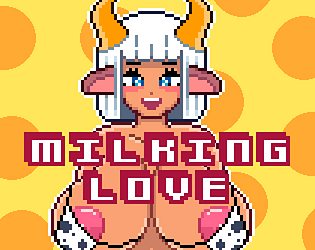Activision, the developer behind Call of Duty, has officially acknowledged the use of generative AI in the creation of Black Ops 6, following months of speculation and criticism from fans. The controversy erupted in December after the Season 1 Reloaded update, when players spotted several anomalies in the game's loading screens, calling cards, and art related to Zombies community events.
The focal point of the backlash was the 'Necroclaus' loading screen, featuring a Zombie Santa with what appeared to be six fingers—a common error in AI-generated images. This led to widespread discussion within the Call of Duty community, with fans scrutinizing other images for similar irregularities. Redditor Shaun_LaDee, for instance, pointed out three images in paid bundles that displayed signs of AI use.

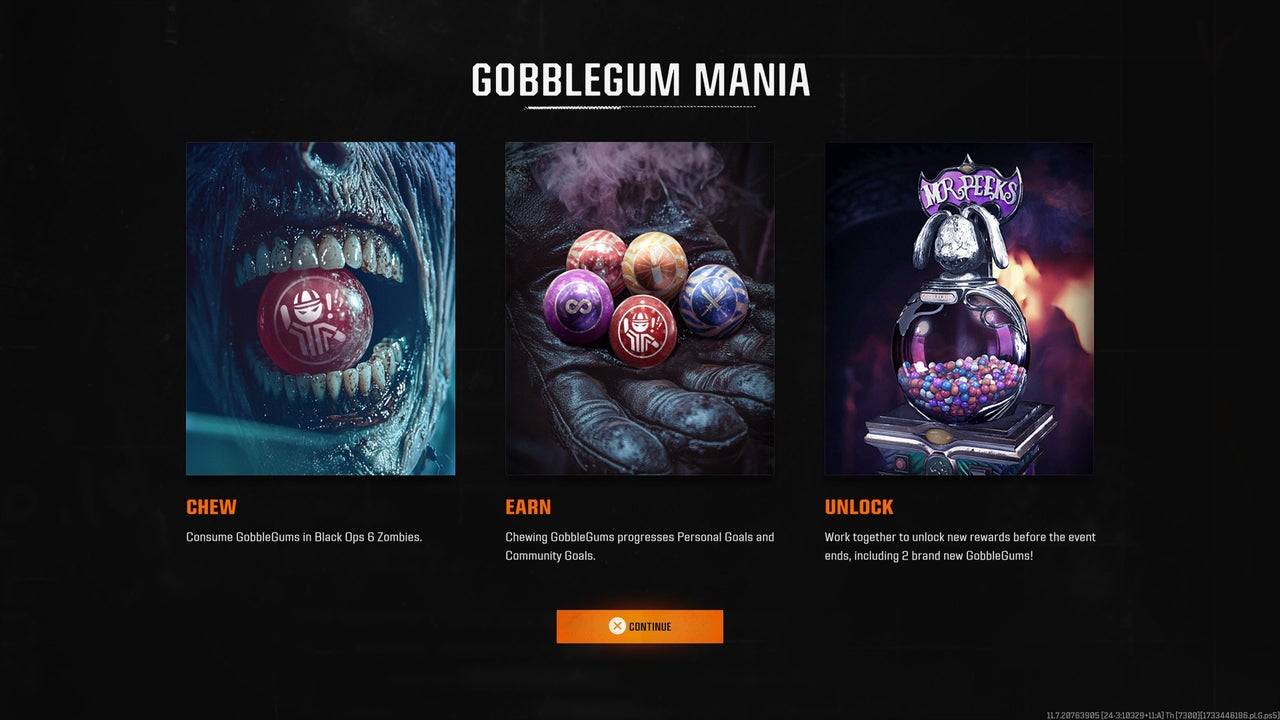
Amid growing pressure, Activision has now complied with new AI disclosure rules on Steam, adding a statement to Black Ops 6's page that reads: "Our team uses generative AI tools to help develop some in-game assets." This disclosure comes after reports surfaced that Activision had previously sold an AI-generated cosmetic for Call of Duty: Modern Warfare 3 without any mention of AI use. The cosmetic was part of the Yokai’s Wrath bundle, priced at 1,500 COD Points, equivalent to about $15.
The use of AI in game development has sparked significant debate, especially in light of Microsoft's acquisition of Activision Blizzard and subsequent layoffs, which reportedly affected 2D artists. An anonymous Activision artist told Wired that many 2D artists were let go, and remaining concept artists were compelled to use AI in their work. This shift towards AI has been promoted throughout the company, with employees allegedly required to undergo AI training.
The broader video game and entertainment industries are grappling with the implications of generative AI, which has been criticized for ethical and rights issues, as well as its inability to consistently produce content that resonates with audiences. A notable example is Keywords Studios' failed attempt to create an entirely AI-generated game, which they admitted to investors was "unable to replace talent."

